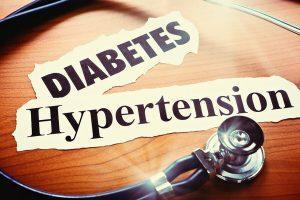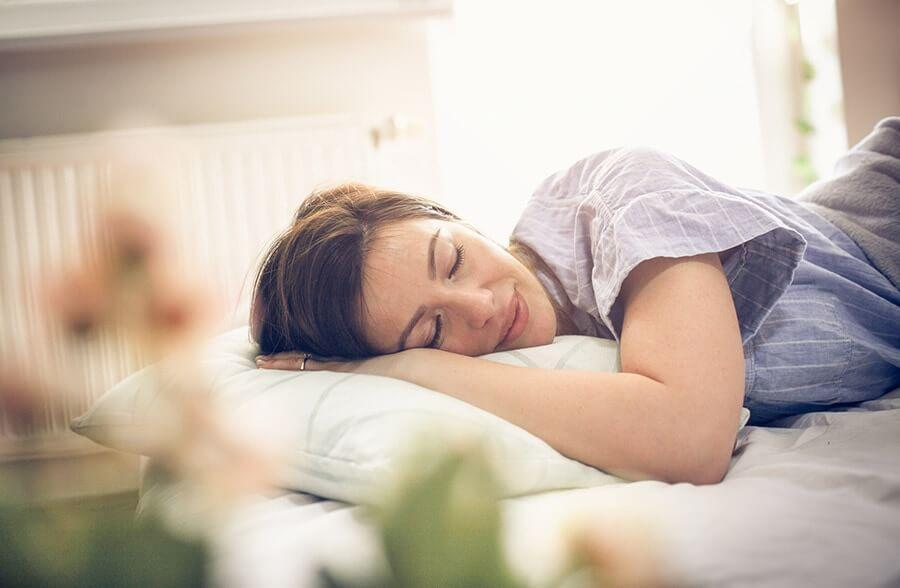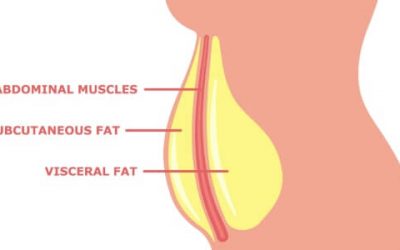
For some reason, how long (or how well) someone sleeps is often one of the last factors to be considered when we are thinking about ways to improve our health.
It shouldn’t be.
Sleep is an extraordinarily important aspect of overall health, both psychological and physical, and poor sleep habits can wreak havoc on us in any number of ways.
How long should we sleep for?
A healthy adult should generally be sleeping about 8 hours a night.
Anything between 7 hours and 9 hours is considered acceptable, but this will depend on activity levels. There is increasing evidence showing that people who exercise a lot will need more sleep to recover. Athletes will need at least 8 hours a day to perform optimally…or even more, depending on workload.
(Having said that, while it is a far less common problem these days, over-sleeping is not necessarily healthy either. People who sleep more than 10 hours per day regularly also tend to have higher bodyfat and a heavier weight)
What are the risks associated with not getting enough sleep?
Regularly getting less than 7 hours sleep per night is linked to numerous health problems, including increased risk of heart disease, diabetes and stroke. Someone who is regularly sleeping less than 7 hours is also more likely to have high blood pressure (hypertension), and to be obese. Their immune system will typically be weaker and less able to defend the body from infections.
People who do not get enough sleep also tend to have a higher bodyfat percentage, compared to those who do. This may well be a result of some of the hormonal implications of poor sleep (fluctuations in various hormone levels is a side-effect of insufficient rest and recovery).
Speaking of which, another potentially huge effect of poor sleep is a drop in the hormone Testosterone, in both men and women. Healthy levels of testosterone are strongly linked with maintaining low body fat, high levels of lean tissue, lowering the risk of cardiovascular disease and cancer, among many other things. A reduction in testosterone levels due to poor sleep will also result in a diminished sex drive, for both genders.

What can I do?
Well, obviously, get more sleep! But sleep quality (also referred to sometimes as “sleep hygiene”) is also an essential part of proper recovery. Waking up regularly means you will spend a lot less total time in REM sleep, generally considered the most important and beneficial “level” of sleeping.
So to boost both sleep quality and quantity, probably the most important thing you can do is to minimise the time you spend on your smartphone/computer in the hours before bed.
Don’t have your phone beside your bed, even in airplane mode. If you need to set an alarm, buy an actual alarm clock and leave your phone outside.
Avoid caffinated drinks after lunchtime. Even if you think you are the sort of person who can drink a coffee at dinner without it effecting you, I bet you will be surprised at how much better you sleep without it.
Cut down on alcohol. It impairs your ability to enter and stay in REM sleep and results in really poor sleep quality. That’s why you might wake up after a heavy night still feeling tired even though you may have been asleep for long enough.
Have a wind-down ritual (personally I am a huge believer in reading before I go to sleep). If you have a weak bladder, take this into consideration when drinking liquids later in the day. Put a curfew on things like screen time, stimulating TV shows, etc.
Exercise. The more active a person is, the better they will tend to sleep. This is a no-brainer. Talk to the people you know that exercise regularly and ask about their sleep habits. Then compare that to your friends and colleagues that are not physically active, by and large I bet there will be a sizeable difference between how long (and how well) people from the two groups will sleep.
Sleep in a room that is properly darkened. Many people report being unable to stay asleep if sun is coming in the windows (which in Ireland is around 6am during the summer months) and if you are one of them, it might be worth investing in a heavier set of curtains designed to keep your bedroom adequately dark.
Sleep is often referred to as “The Missing Link” in healthcare and for good reason. Nowadays there is a strange, almost macho, pride that some people show by boasting about how little sleep they can manage on. Frankly, unless you are an overworked hospital doctor or a new parent, there really is no excuse for not getting enough sleep. The rewards for sleeping well are absolutely huge, and if you could patent a pill that gave you half the health benefits of regularly getting a good night’s sleep…you would be rich! Don’t sell your health short, make getting a good night’s sleep a priority every day and you won’t look back.



